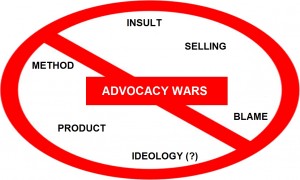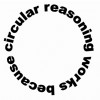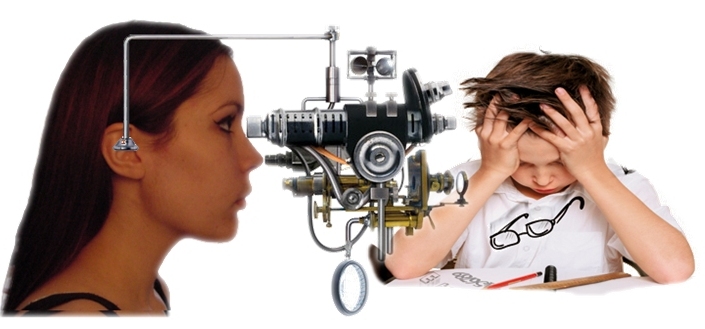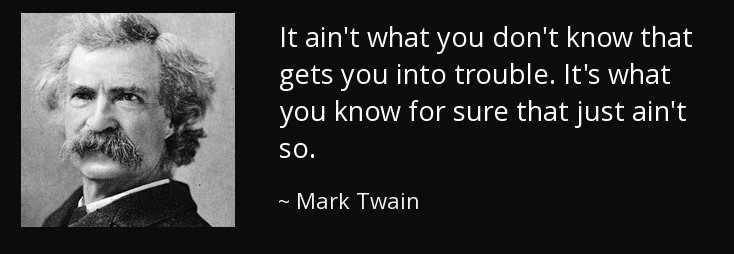Orientation


This work is not about selling anything or blaming anyone. We are not pushing products, methods, ideologies, or gurus. We are suggesting that educators and parents (you) take the time to learn into a deeper 1st person understanding of and appreciation of learning. Our premise is that the more you understand learning and the role of learning in your life, the better informed you are to help children become ready for the challenges that await them. Our work is about re-orienting our roles as parents and educators towards learning to be ever better stewards of the health of our children’s learning.
![]()
![]() Many people are looking for magical bullets – they want to skip over the effort involved in understanding the issues and jump to the solutions. But when we buy into solutions to problems that we don’t sufficiently understand it short-circuits our learning about the problems. If you’re not interested in learning your way into a deeper first-person understanding, if you’re looking for a quick fix that you don’t have to invest any effort into, then this work is probably not for you. We are not about ‘magic bullets’ – we are about ‘magic glasses’ – better said, ‘learning lenses’. If you want to make a difference, there just isn’t any substitute for your 1st person learning.
Many people are looking for magical bullets – they want to skip over the effort involved in understanding the issues and jump to the solutions. But when we buy into solutions to problems that we don’t sufficiently understand it short-circuits our learning about the problems. If you’re not interested in learning your way into a deeper first-person understanding, if you’re looking for a quick fix that you don’t have to invest any effort into, then this work is probably not for you. We are not about ‘magic bullets’ – we are about ‘magic glasses’ – better said, ‘learning lenses’. If you want to make a difference, there just isn’t any substitute for your 1st person learning.
Belief is a poor substitute for learning.
Mental Models
One of the greatest obstacles to understanding what we are sharing – and to learning in general – is believing we already ‘know’ (see: Unscientific Learning: Paradigm Inertia video on sidebar). We all have a history of feeling certain we ‘know’ something (x) only to find out later that our certainty was premature and that it ultimately mis-oriented, misguided, and prolonged our learning, and consequently our thinking about it (x).
WHAT OUR KNOWLEDGE TELLS US TO SEE

When we are certain about something, it’s hard to be open to learning differently about it. We were once certain that the earth was flat and the center of the universe. Many believed that burning people at the stake was good for their souls. The best scientists of the day were convinced that the plague was caused by a bad smell, and that by changing the smell, they could ward off the disease. The business brains behind the railroad industry were sure that no one wanted to buy personal trackless trains (automobiles) or the the kind that fly in the sky (airplanes). Edison launched a vicious propaganda war to stop AC power saying it “will kill customers within six months”. Kodak rejected the Xerox proposal certain that no one needed to photograph (copy) paperwork. The Nobel Prize was given to the inventor of lobotomies. Owning the ‘Walkman’ market , Sony should have beaten Apple to the Ipod. Blockbuster could have started Netflix and RedBox. We recently learned that the PSA test, previously nearly universally prescribed for men over 50, should no longer be given, as it led to medical actions from which “too many men suffer impotence, incontinence, heart attacks, occasionally even death from treatment of tiny tumors that never would have killed them.“ (see: The Challenge of Change for more examples).

Beliefs are ALWAYS learning disabling,
Beliefs about learning even more so.

How we understand something – the mental model we have of it – shapes how we learn, think, and act. The difference between a modern scientist working to cure a disease with gene splicing and a medieval scientist pouring perfume into a river (thinking it will stop the plague) is not a biologically evolved difference in their genes or brains, it’s a difference in their learning – a difference in the mental models they learned and that they learn through. Similarly, the difference between the way we educate children today and the kind of ‘learning stewarding’ our children need to be ready for their futures, will be a difference in our mental models (thus the main focus of our live events, ‘rebooting’ our mental models).
 Progress in learning requires suspending our certainties – our assumptions. If we can’t suspend them, we get stuck in circular logic loops and are prone to be emotionally invested in our ‘truth’ (like the fundamentalists who feel threatened by anything that differs with their beliefs). If history has taught us anything, it’s that getting ‘outside the box’ of our assumptions – outside the ‘mental lensing’ of our ‘mental models’ – is what drives our ‘breakthroughs’ – our progress.
Progress in learning requires suspending our certainties – our assumptions. If we can’t suspend them, we get stuck in circular logic loops and are prone to be emotionally invested in our ‘truth’ (like the fundamentalists who feel threatened by anything that differs with their beliefs). If history has taught us anything, it’s that getting ‘outside the box’ of our assumptions – outside the ‘mental lensing’ of our ‘mental models’ – is what drives our ‘breakthroughs’ – our progress.
Someday future generations will look back at this period in our understanding of learning and educating with the same incredulity as we today experience when we reflect on the absurdities of our past – thinking the earth is flat and the sun revolves around it – burning “witches” – blood letting – lobotomies… but only after our learning transforms our mental models enough to allow us to.

Caveats
#1 – Our intent is to render this case in as generally relevant and comprehensible way as we can while still staying within scientifically accurate generalizations. We don’t want to be so scientifically exacting that we have to burden every expression with numerous exception notations and caveats. We are making a general case to a general audience. There are always exceptions.
#2 – Certainly there are people whose learning, behavioral, or health issues have innate neurobiological causes. Our generalization is ‘most’ not ‘all’ – most of our crime problems are consequence of learned behaviors – most of the children who struggle in school are struggling because their learning (noun) is insufficiently resourcing or maladaptively directing their learning (verb).
This site is a continual work in process. Its pages are working drafts that will evolve over time. If our work interests you, please share your thoughts, feedback, and comments and consider subscribing to receive updates about new posts and articles. If you think what we are doing is important, please consider contributing whatever you can to our non-profit work (see side panel). Together let’s ignite the dialogue.
Learning Stewards is a 501(c)(3) non-profit that depends on the support of people like you. Learning Stewards
IT’S TAX DEDUCTIBLE
4211 Graf Dr.
Louisville, KY 40220


[…] Orientation, Mental Models, Caveats […]
[…] See also: Mental Models […]
[…] Your Knowledge Tells You To See Paradigms are the mental infrastructures that connect and unify the mental models through which we experience the world. Because they can become so deeply rooted in our identities, paradigms, like religious beliefs, can […]